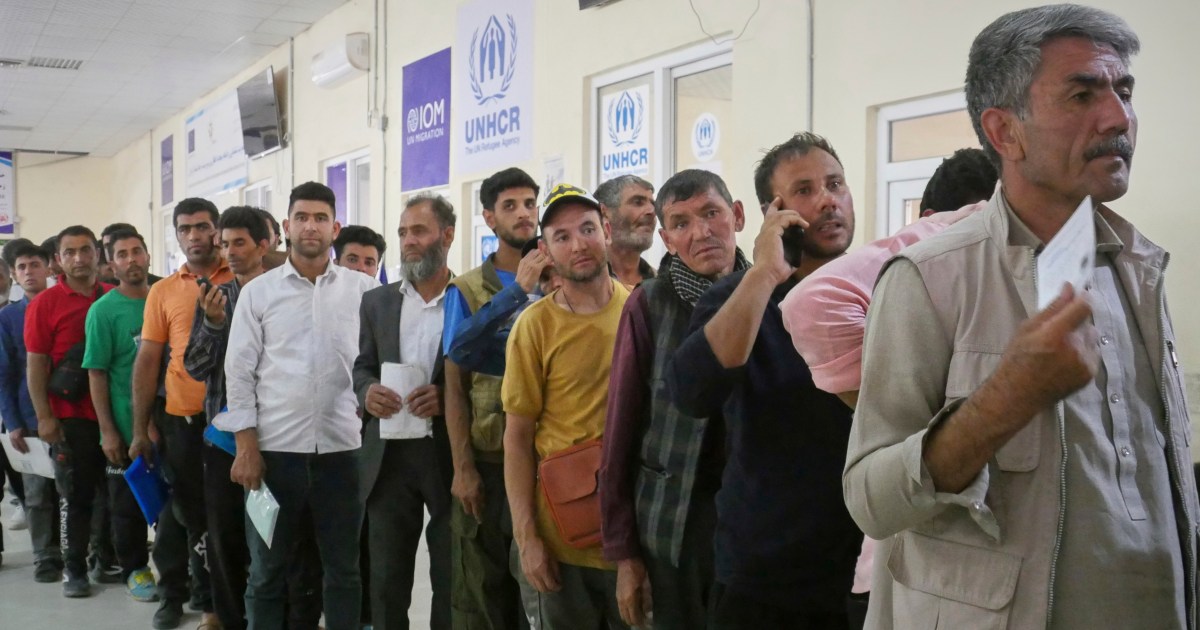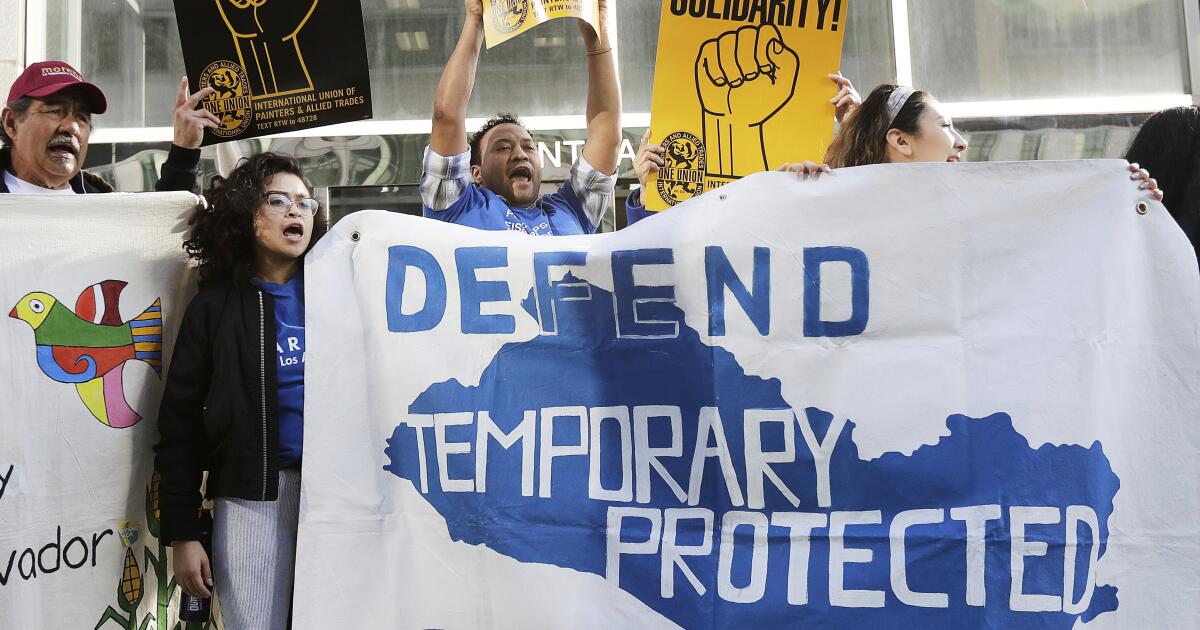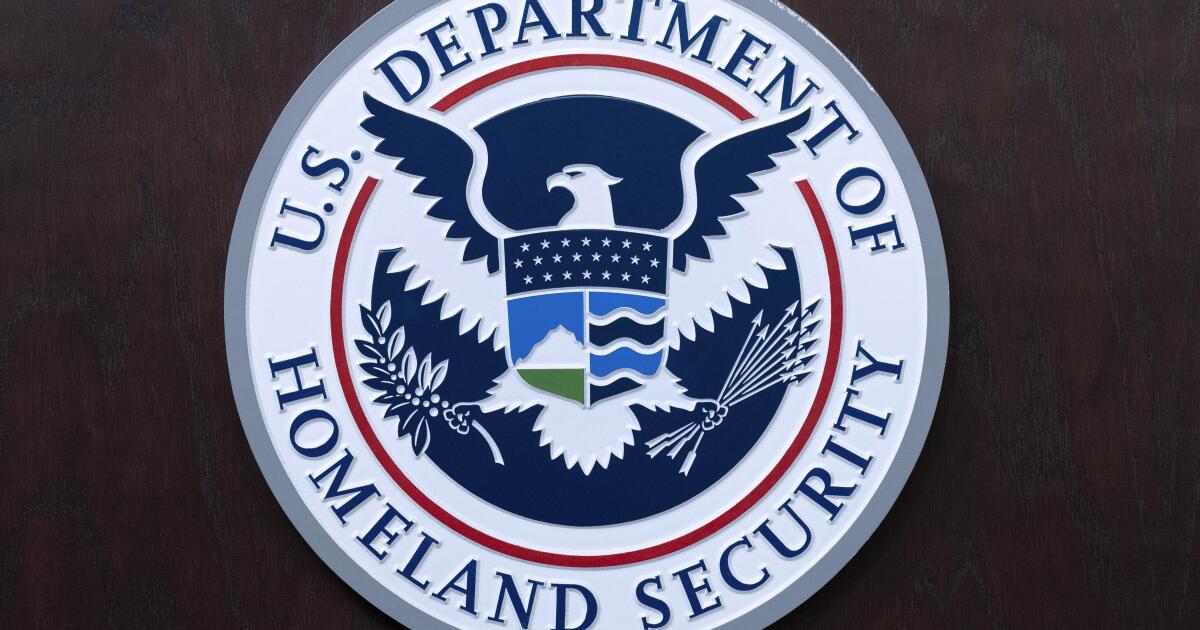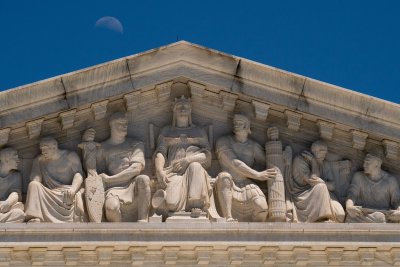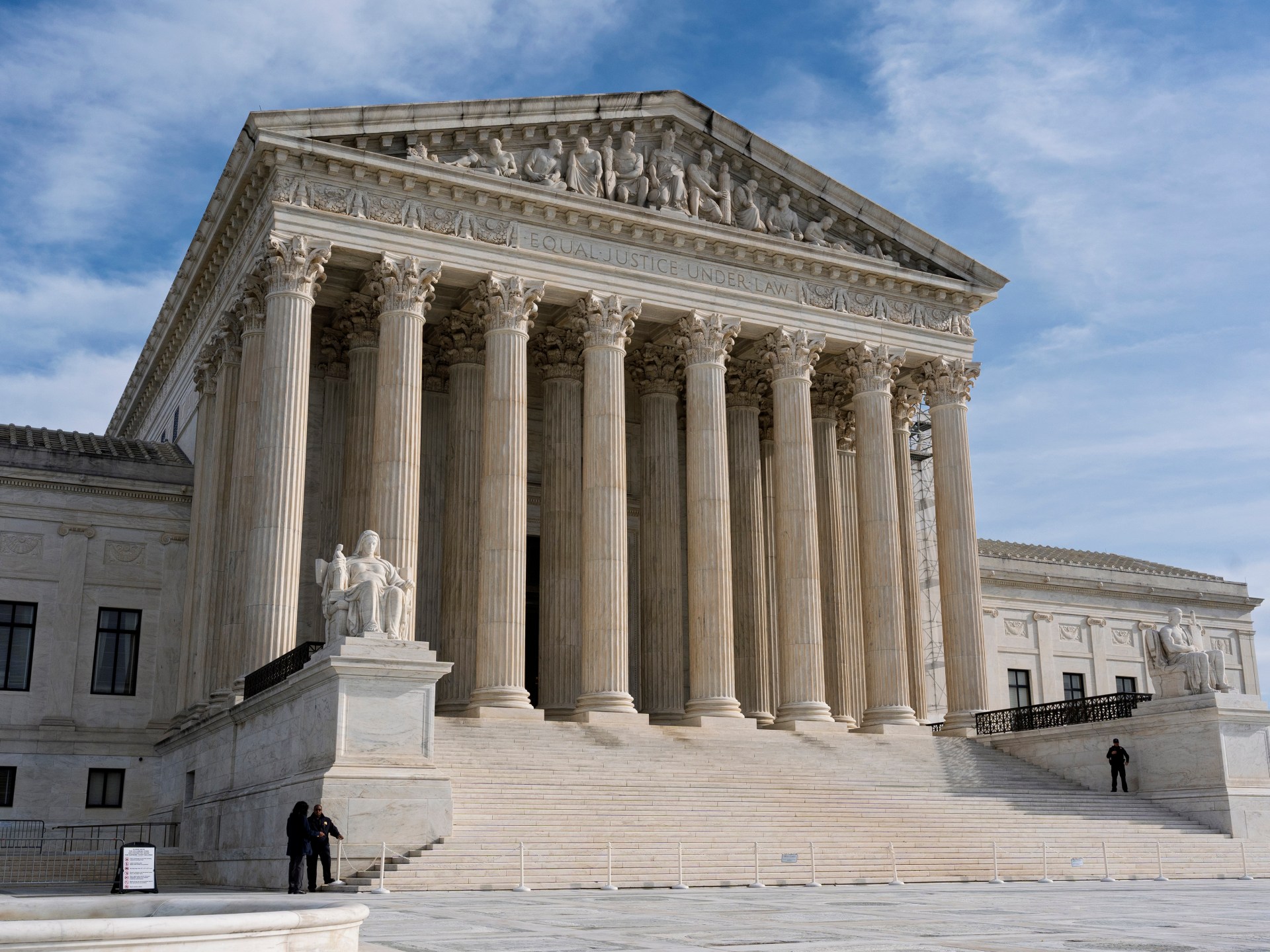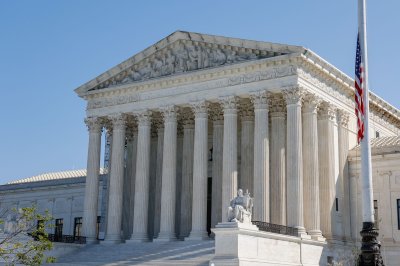Justin Fletcher has been a staple of children’s television for well over two decades, but away from the bright lights and cameras, the much-loved TV star keeps his private life out of the spotlight
There’s not a tot across the nation who wouldn’t recognise Mr Tumble, having entertained and assisted countless children over the years.
Despite his immense popularity among young viewers due to his work on CBeebies and his sell-out tours across the country, little is known about television personality Justin Fletcher when he’s off duty.
In fact, the highly acclaimed star, who was honoured with an MBE by the late Queen Elizabeth II, generally keeps his personal life out of the spotlight, although he has occasionally offered glimpses into his home life and upbringing.
As a youngster, Justin frequently moved around with his parents due to his father’s successful career as a music writer, which often necessitated relocation and brought some very famous faces to their family home.
The beloved TV personality is actually the second oldest of five siblings – with a 12-year age gap between him and his youngest sibling – and Justin once told Metro: “There was always someone to play games with while we were growing up. My dad is a songwriter and my mum was a housewife,” reports Surrey Live.
At a tender age, the CBeebies star confided in his father, Guy Fletcher, expressing his desire to pursue acting and further his drama studies. His father warned him of the challenges he would face in the industry but gave him his “full support”, something Justin continues to appreciate to this day.
Net Worth
The 54 year old entertainer has been the face of popular CBeebies shows like Gigglebiz and Justin’s House. However, his most notable achievement is the programme Something Special, specifically designed to assist children with communication by integrating Makaton signs, speech and symbols throughout.
Having been a hit on children’s TV for over two decades, it’s no surprise that his endearing characters have evolved into a multi-million-pound industry.
Past reports suggest that his Something Special DVD sold over 100,000 copies, raking in more than £1 million, and an accompanying magazine generated a monthly income of £180,000. As a result, it’s estimated that his net worth is around £1.5 million.
Stepping down from BBC role
Earlier this year, the television legend shocked fans when he announced he was stepping back from his proudest creation, Something Special, confirming he was passing the baton to three other presenters.
After an impressive 22-year stint, during which the programme produced 12 series and five specials, Justin decided it was time to hand over the reins to TV stars Maddie Moate, Ben Cajee, and George Webster, who confirmed the news on social media.
Relationship status and plans for starting a family
The Bafta Award-winner, who voiced beloved characters such as Doodle and Jake in Tweenies, Shaun the Sheep and Harold from Thomas the Tank Engine, has dedicated his life to children’s TV, so much so, that he’s been too busy for romance.
Back in 2012, kids’ TV favourite Justin Fletcher, known to many as Mr Tumble, confided in The Mirror about the numerous romantic proposals he’d received from enthusiastic mums writing to him.
He spilled to the publication: “I have had emails,” and revealed his bachelor status with: “I’m not married, live alone and have been single for a while now because I’ve been a workaholic filming Something Special, Justin’s House and Gigglebiz.”
Although his diary’s chock-a-block with showbiz commitments, Justin has got his heart set on fatherhood, sharing with the outlet his aspiration: “I do want to free up some time for myself and my family. I would love to have children so need to find someone who likes kids. A couple of kids would be lovely.”
He echoed this sentiment to the Metro in 2013, saying: “I’d love to have a family of my own in the future – I’d like to do that in the next few years but, at the moment, I’m producing three TV shows and do live tours. I can’t keep doing this forever but if I finished next week, I’d feel I’d achieved a lot.”
Famous father
Justin isn’t just any entertainer; he’s got showbiz in his blood, being the son of legendary songwriter Guy Fletcher, whose tunes graced the repertoires of icons like Elvis Presley, Ray Charles, and Joe Cocker.
Chatting with BBC 6 Music’s Chris Hawkins, Justin opened up about his musically rich upbringing and even revealed that his beloved character Mr ‘Cliff’ Tumble is an homage to Sir Cliff Richard.
He shared: “I was always brought up around musicians and we had a recording studio built onto the house. My character Cliff Tumble is a homage to Sir Cliff, who I’ve met a lot and is lovely, very charming.
“Dad wrote his Eurovision entry Power to All Our Friends. The biggest hit he wrote for Elvis was Just Pretend, which he used to perform in his Vegas shows. Pretty cool, really,” Justin remarked.
Something Special is available to stream on BBC iPlayer
